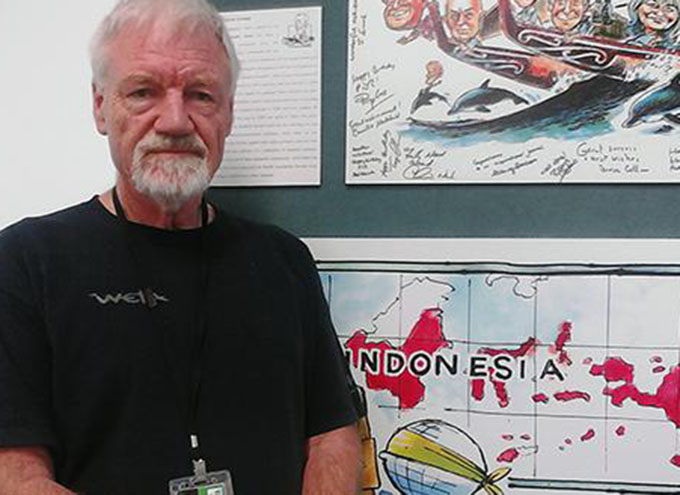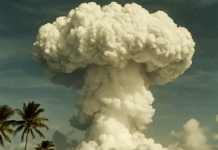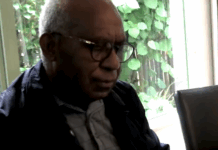

Media freedom is about the right of the people to be informed, not just about media freedoms of journalists and news organisations. Kendall Hutt reports.
BACKGROUNDER: The issue of media freedom in the Pacific has come to the fore following recent international calls for Indonesia to allow foreign journalists access to West Papua and President Joko Widodo declaring a lifting of restrictions.
Indonesia has in the past banned the international media from accessing West Papua for more than 50 years and little is known about what goes on inside two provinces that make up the Melanesian region.
The only way international journalists are allowed into the province has been through invitation by the state or “underground” on a tourist visa.
Those who are invited have been chaperoned by a “minder” from the military, says Pacific Media Centre director Professor David Robie.
He says Jakarta’s past claims of relaxing its policy have simply been a fig leaf and he is not convinced by President Jokowi’s gestures in freeing five political prisoners and announcing free access for the international media.
Dr Robie says a tourist visa has been a highly dangerous way into the province and is not only a risk for the journalist but also for potential sources among Papuan people.
“The danger you create as a visiting journalist undercover, if you like, is for the local people
Reprisals against locals
“You expose them and their families to reprisals.”
Local journalists in West Papua have also been at risk and have worked under what Dr Robie calls “the heel of authorities” and faced dangers every day.
“Under military control for some time journalists have been murdered, abducted, and routinely faced all sorts of threats.”
Adrian Stevanon, a current affairs reporter for Māori Television, says that although the New Zealand government has been applying pressure to the Indonesian government it has clearly not been enough.
Stevanon says West Papua is an example of where the government could do more and has not done so.
He calls for the government to shed more light on what the media in the Pacific can and cannot do.
However, West Papua is not the only region in the Pacific where media freedom is an issue.
‘Draconian’ law
Another area of concern is also Fiji, where “draconian” laws limit media freedom, says Dr Robie.
Imposed in 2010, the Media Industry Development Decree has meant that government transparency has been contentious and holding the government to account in Fiji has been systematically difficult.
An attempt by opposition National Federation Party leader Professor Biman Prasad to have the decree repealed this month was defeated.
In some Pacific Island contexts, journalists constantly run the risk of harsher media laws being imposed on the justification, or pretext, that journalists are “careless” and “unprofessional”, says Shailendra Singh, a senior lecturer in journalism at the University of the South Pacific in Fiji.
Singh says that in such autocratic settings, the media has become its own worst enemy by disregarding professional ethics and giving governments an excuse for a crackdown.
To improve and ensure media freedom in the Pacific, it is important to practise responsible journalism, so media education and training for journalists is crucial, says Singh.
Singh believes that if journalists are more qualified and professional, and practise responsible journalism, media freedom can be strengthened through greater public confidence in the news media, which could act as a buffer against government designs to curb freedom of speech.
Dr Robie says this “cry for responsible journalism” comes from governments when the media publish stories that embarrass ministers.
Tough questions
He labels what governments describe as responsible journalism as “soft” and says that the government is not held to account and tough questions are not answered.
Dr Robie believes constant exposure of efforts to curtail media freedom must be brought to public attention for change to happen.
He says media freedom is as much about the journalist and media organisation as it is about the freedom of the people to be informed.
He says media freedom is about the rights of the people to be informed, not just the freedoms of journalists and news organisations.
“It’s the freedom of everybody we’re campaigning to protect and support.”
Kendall Hutt is a journalism major at AUT University, currently completing a Bachelor of Communication Studies.
Indonesian press freedom deteriorates, says RSF report
David Robie’s Cafe Pacific: Real media freedom or MSG ‘brownie points’ over West Papua?









































